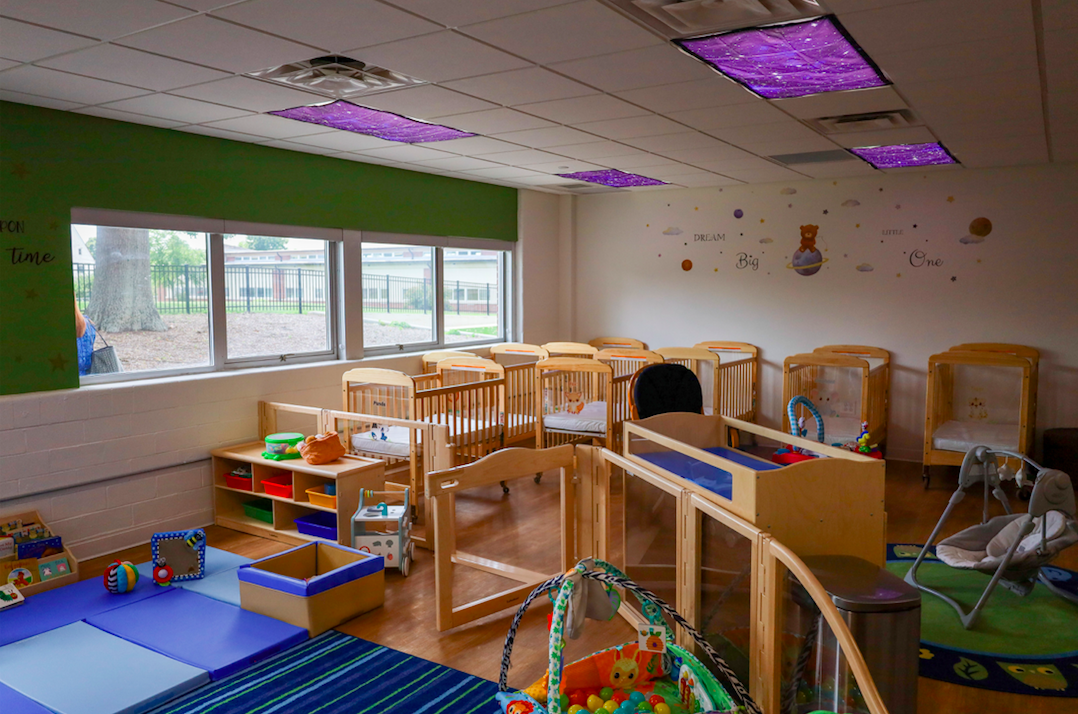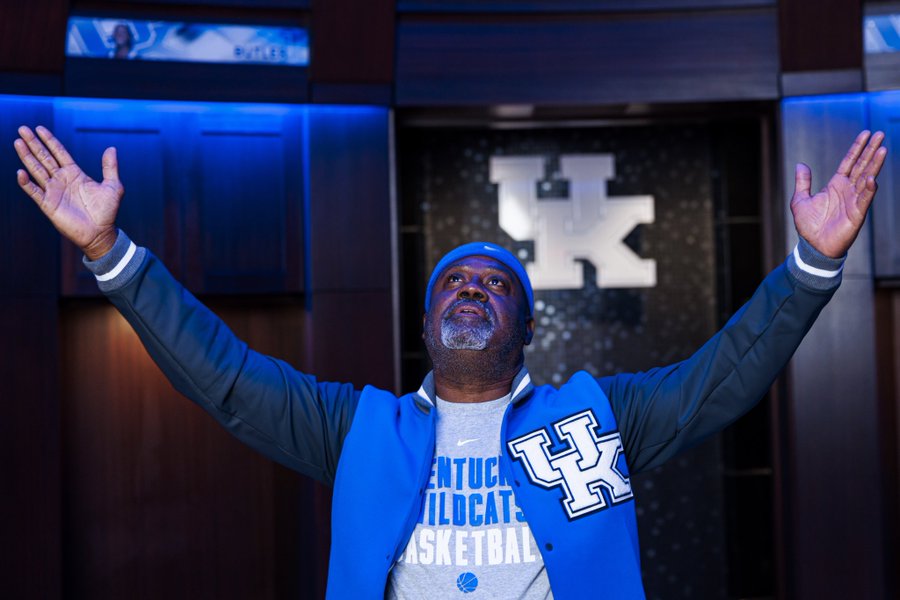Parenting paradox
Published 9:16 am Tuesday, October 10, 2017
Can Kids (and Parents) Survive the Tween Years?
“You couldn’t pay me a million dollars to attend middle school again!” relayed one 20something. “It was the best 3 years of my life,” said no one ever! For many people, middle school is not a rite of passage, but something that is simply endured. What makes it so hard? What are today’s issues? And why are some kids resilient and others not?
Developmentally, ages 12 to 14 is a period where the influence and opinion of peers increase in importance. It’s part of kids’ need to put space between depending on their parents and branching out to form a wider ring of support. Also, due to hormonal changes, kids of this age exhibit strong emotions that fluctuate. They can “love” their best friend or “be so over her” all in one day.
Parents of first born kids often wonder if their child will be forever worried about the number of “likes” and “followers” on social media or will stop acting uncomfortable when seen with them in public. The answer to this is yes! With time and a little guidance from others, tweens cycle through this stage, usually unscathed.
Today’s tweens face the same challenges of tweens from the 1980s and 1990s. Some have their first real crushes, cliques become more apparent, there’s an increased demand for independence with academics, competition with sports or arts increases, and if we want to be truthful, parents get more irritable with their tweens who are not quite as snuggly and sweet as their once beloved babies and toddlers. Now add all of these to today’s potential for 24/7 connection with peers, social media with photos of who’s at the sleepover and who’s not, and access to information that is not developmentally appropriate and challenges their belief system.
Most kids make it out of middle school with lessons learned and their self-esteem in tact. But for those who struggle, it can be the darkest years of their childhood. So, what can we do to help our kids weather the storm of the tween years?
- Volunteering provides youth with the opportunity to focus on others than themselves. Research indicates an increase in serotonin, thus mood boost, when engaged in meaningful volunteer activities.
- Avoiding parental gossip about other kids is paramount. Parents should refrain from talking about social group conflicts in a negative light with other parents. Kids aren’t the only ones guilty of keeping social conflict stirred up.
- Allowing kids to work things out independently is good when appropriate. Before reaching out to the school or other parents, ask yourself if getting other adults involved is likely to help or if doing so has any potential risks to your child.
- Encouraging kids to have peer groups outside of their school, will help them ride the tide of being excluded because they have other friends to turn to.
- Spending time with people of varying ages decreases kids getting stuck in the bubble of listening mainly to the opinions of their cohorts.
- Listening with an open, non judgemental ear leads to youth who open up more, thus allowing the parent to subtly guide. It’s hard to do but very important!
- Understanding the concept of “temporary” will help your child tolerate the distress of peer conflict. Your child may be frenemies with a child this week, but next month, things can improve.
- Modeling and discussing others’ points of view can lead to more empathetic kids. Even discussing your own struggle that week with perspective taking may plant that their are multiple ways to see a situation.
- Engaging in conversation with your tween about real or imaginary lines that are drawn related to exclusive cliques is important. Sometimes peer groups can be more open and flexible than perceived.
Katherine L. Stone, Ph.D. is a licensed psychologist who has practiced in Lexington for almost 20 years, focusing on issues mental health issues that affect today’s youth and young adults.
Laura Bonzo-Sims, Ed.D. has been an educator for 25 years, serving as a college advisor, middle and high school English teacher, and graduate school professor.






